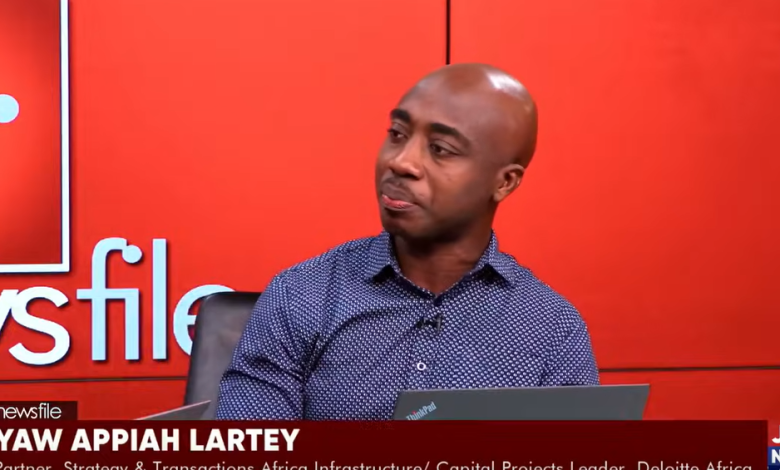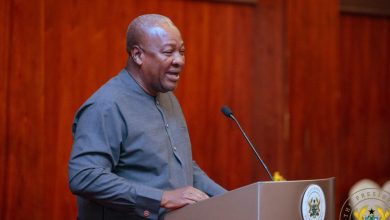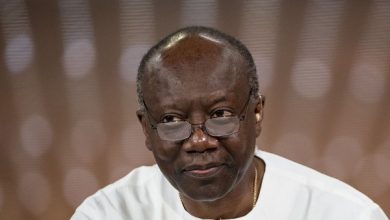Reduce VAT to 17.5% in mid-year review – Deloitte

Partner for Strategy and Partnerships at Deloitte Ghana, Yaw Appiah Lartey, is urging the government to further reduce the effective VAT rate to 17.5% in next year’s mid-year budget review.
He argues that the 2026 Budget’s proposed cut—from 21.9% to 20%—remains too high for businesses and could weaken competitiveness.
Speaking to the media on the sidelines of the Ghana National Chamber of Commerce and Industry’s 2026 Budget Review Seminar, Lartey said a deeper reduction would be more beneficial to the private sector.
“The government was ambitious and boldly removed some tax handles in their first budget. Subsequently, they removed the Covid levy and also brought in some reforms in the VAT side, which was something that was outstanding.
“For us as business advisors, it is a positive thing. We would have loved a more aggressive merger around the VAT. The VAT at 20% is still too high, and I think it is something the government should still consider. In the course of the year [maybe] the mid-year budget review, they should consider revising the overall VAT rate to about 17.5% which was what used to be the case for a long time because we are not competitive compared to our peers in Sub Saharan Africa,” he said.
Finance Minister Dr. Cassiel Ato Forson, during the 2026 Budget presentation, announced the abolition of the Covid-19 levy alongside major VAT reforms.
He indicated that the effective VAT rate would be reduced from 21.9% to 20%, the VAT registration threshold raised from GH₵200,000 to GH₵750,000, and the VAT zero-rating on locally manufactured textiles extended to 2028.
Dr. Ato Forson added that scrapping the COVID-19 levy alone will return GH₵3.7 billion to individuals and businesses, while the full set of VAT reforms is expected to provide nearly GH₵6 billion in relief to households and enterprises.
He expressed confidence that these measures will stimulate economic activity, strengthen private sector growth, and ease the burden on Ghanaians facing high living costs.










